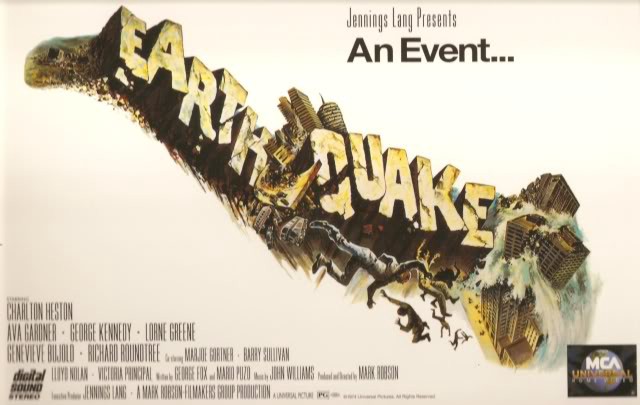“Airborne wine bottles do not do good things to human heads.”

Perhaps no line in the entire six-thousand-word piece attracted as much attention as this declaration by Kenneth Murphy, head of the FEMA division responsible for Cascadia: “Our operating assumption is that everything west of Interstate 5 will be toast.” The first important thing to note about that remark is that, needless to say, Murphy really said it, and stood by it in the fact-checking process — so, clearly, FEMA is anticipating that the region will be in very grave shape.
That said, “toast” is not what you would call a precise description, so let me be more specific. What Murphy did not mean is that everyone west of I-5 will be injured or killed; FEMA’s casualty figures, while horrifying, amount to under one-half of one per cent of the population of the region. Nor did he mean that every structure west of the interstate will fail, although there the numbers are grimmer: region-wide, the agency expects to see seriously damaged or destroyed eighty-eight per cent of ports and potable water sources; seventy-seven per cent of fire stations and waste-water treatment plants; two-thirds of all airports, hospitals, railways, and schools; almost half of all highway bridges, police stations, and emergency command centers; plus almost three thousand miles of natural gas pipelines, seven hundred and forty-three electric power facilities, and nearly a million residential buildings.